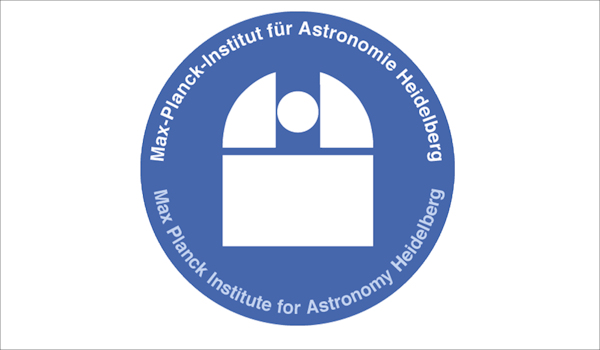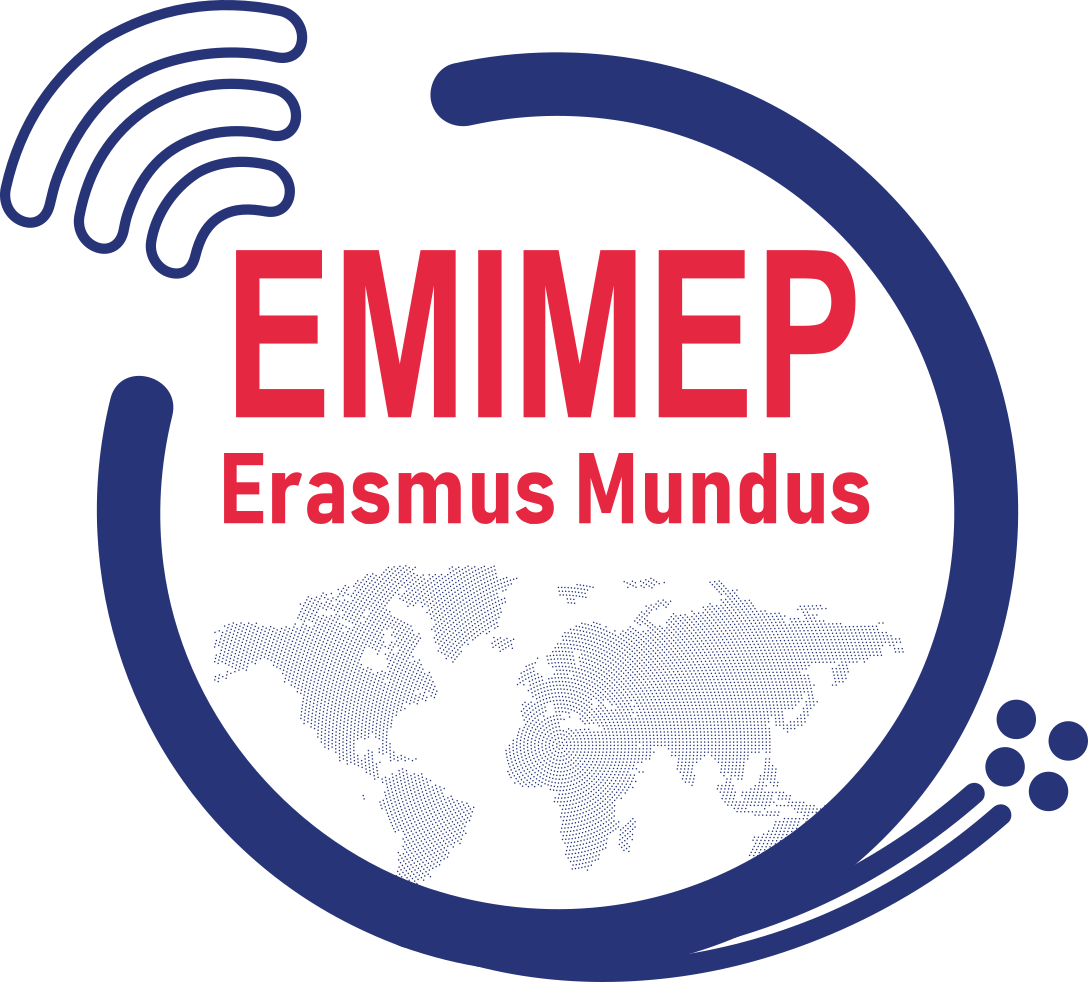
Seminar on « Towards New Horizons: Star and Planet Formation with James-Webb Space Telescope » by Prof. Dr. Thomas Henning (Max Planck Institute for Astronomy, Heidelberg)
Prof. Dr. Thomas Henning (Max Planck Institute for Astronomy, Heidelberg) delivered a seminar entitled. « Towards New Horizons: Star and Planet Formation with James-Webb Space Telescope » on December 09th, 2024.
Abstact. The James Webb Space Telescope (JWST) is the most powerful space-based infrared observatory ever built. The first part of the talk will discuss the main structures of the telescope and its assembly after launch. The talk will then highlight the extremely exciting science results in the field of star and planet formation, including the nature of protostars and planet-forming disks. A special emphasis will be placed on the accretion process and the chemical building blocks of disks and what we can learn from infrared spectroscopy regarding the inventory of material in the terrestrial planet-forming zone.
Bio. Prof. Dr. Thomas K. Henning is a German astrophysicist born in 1956 in Jena. He studied physics and mathematics (with a focus on plasma physics) at the University of Greifswald and then astronomy/astrophysics at the University of Jena, where he obtained his PhD in 1984. In 1989 he completed his habilitation at the University of Jena.
Since 2001 he served as Director of the Planet and Star Formation Department at the Max Planck Institute for Astronomy (MPIA) in Heidelberg, where he conducted research into how stars and planets form—spanning observational programmes (infrared / sub-millimetre), laboratory astrophysics experiments, and numerical simulations. His work covers protoplanetary disks, the interstellar medium (gas & dust), instrumentation for ground‐ and space‐based telescopes, and initiatives on the origins of life (such as the Heidelberg Initiative for the Origins of Life, HIFOL).
Prof. Henning has been recognized with numerous awards, including the prestigious Karl Schwarzschild Medal from the German Astronomical Society in 2023 for his outstanding contributions to star and planet formation research.
